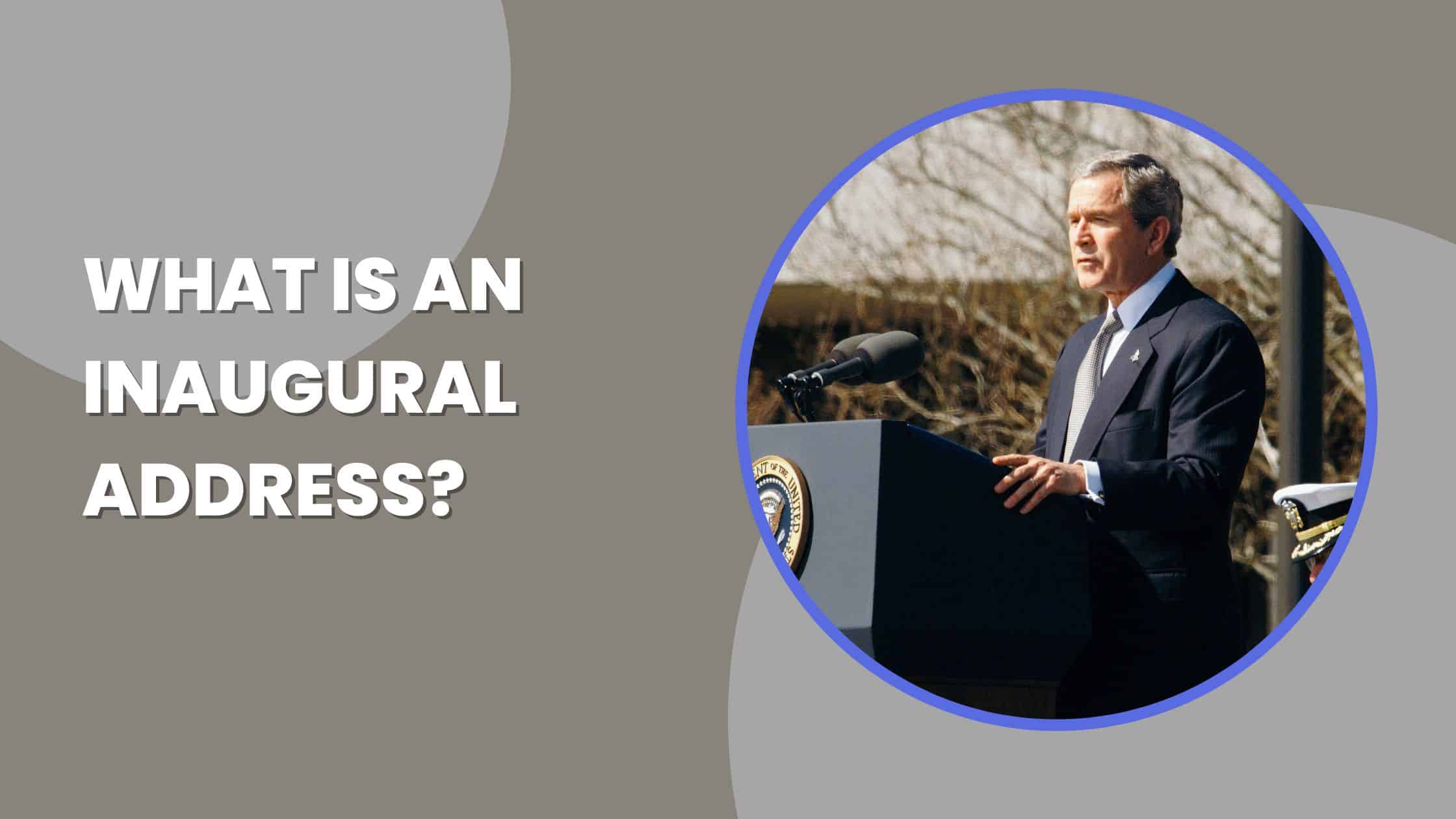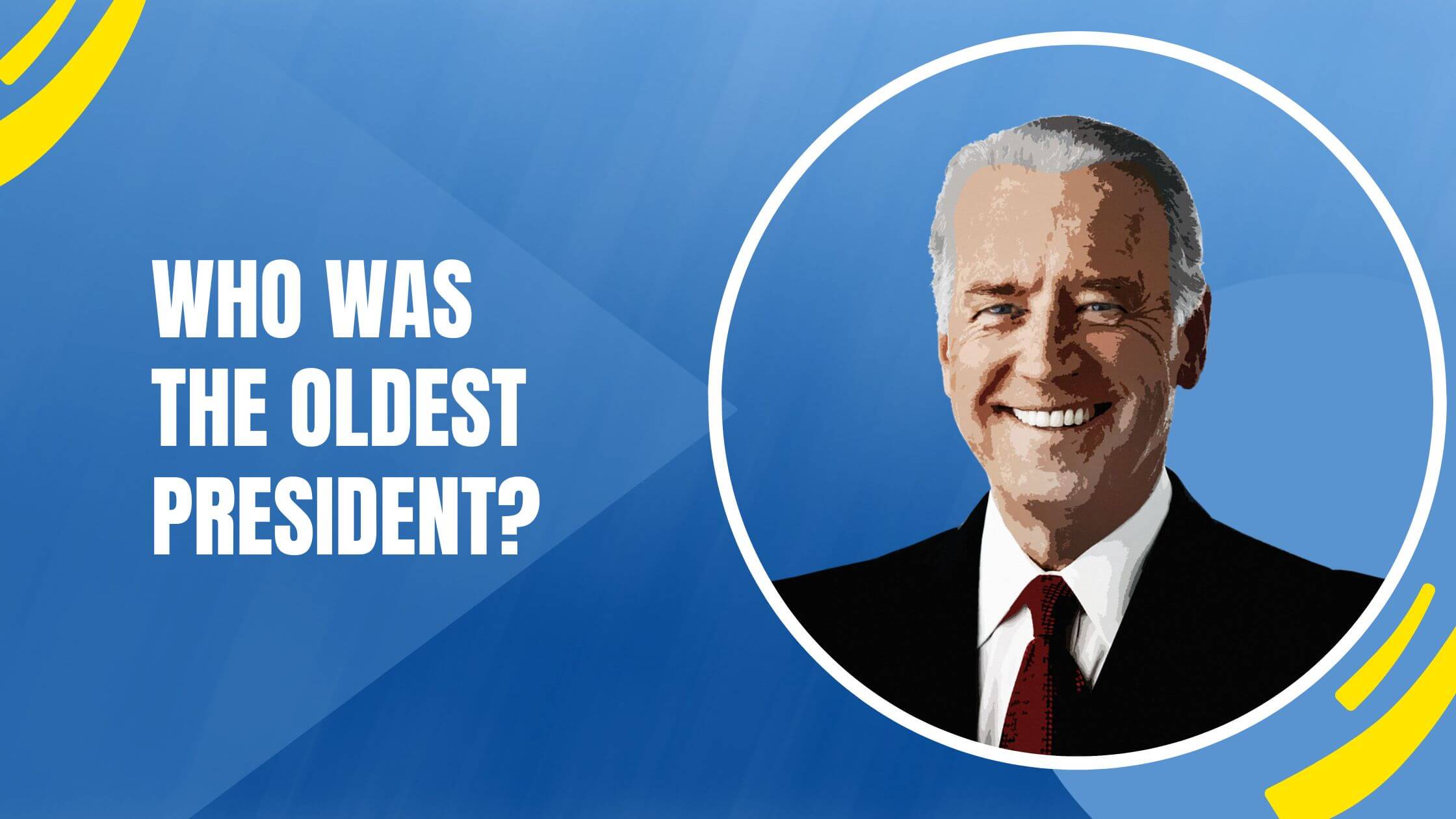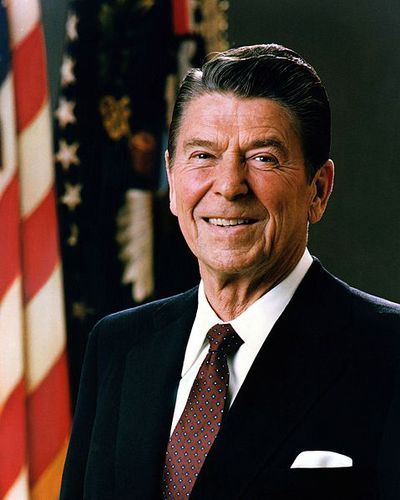Table of Contents
TogglePresidents of the United States deliver a plethora of speeches during their time in office. One of the most important of them all is the inaugural address. What is an inaugural address? What is the intention of the speech, why is it so significant, and how can the President be sure to get it right?
What is an inaugural address?
The inaugural address is the speech delivered by the President following their Oath of Office. It is a chance to speak directly to the nation and provide a clear message about the four years ahead. When well-crafted and delivered effectively, it can give the President a positive start to their first term.
Delivering an Address During an Inauguration
The inaugural address is a massive moment in the long inauguration process. There is a grand ceremony on the western front of the United States Capitol where the President and Vice President are sworn into office to begin the new term. After the oath at noon, the new President delivers their speech to the nation.
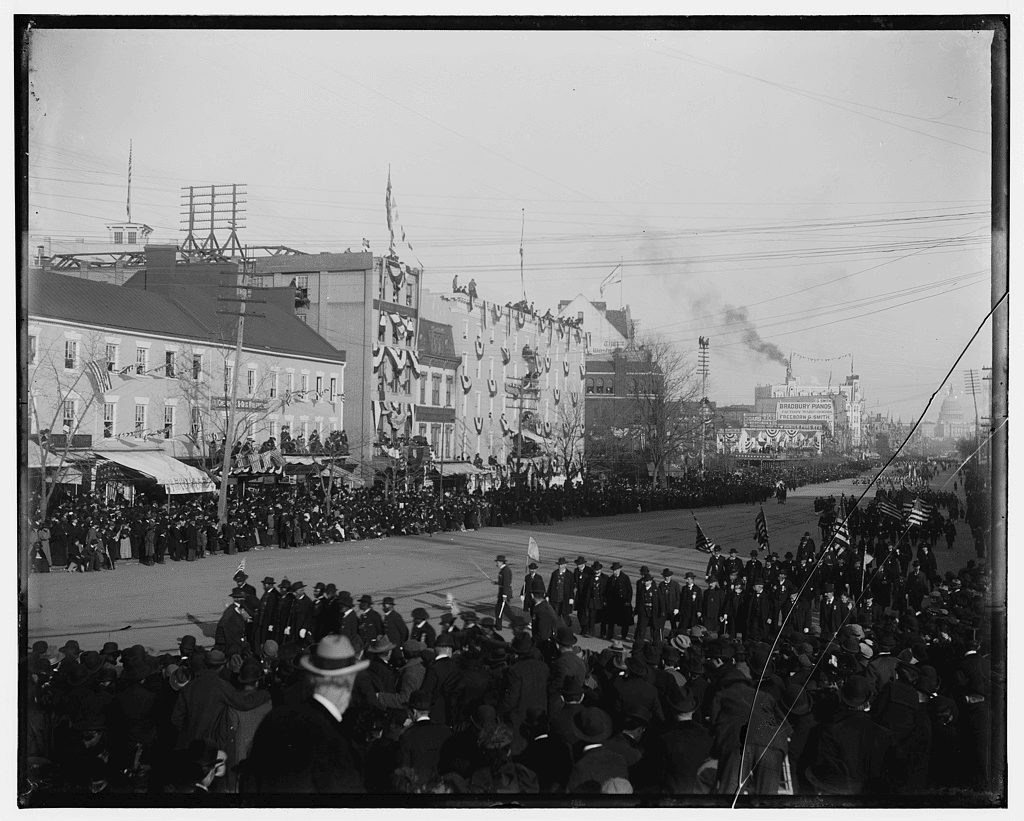
The position of the ceremony allows the President to speak to hundreds of guests in attendance, but also thousands lining the National Mall and the millions watching on TV worldwide. It is no surprise that there is a lot of pressure to get the speech just right.
Everything from the structure and length of the speech to the tone and eloquence of the delivery falls under a microscope. People will judge the new President based on these words, especially those that voted for the other guy. So, each speech must be bipartisan, inspiring, perfectly composed, and just the right length.
The Length of an Inaugural Address
There is no specific length for an inaugural address. Presidents can make theirs as long or as short as they want. Some choose the former to make the most of their time and say all they need to say, while others keep it short and sweet.
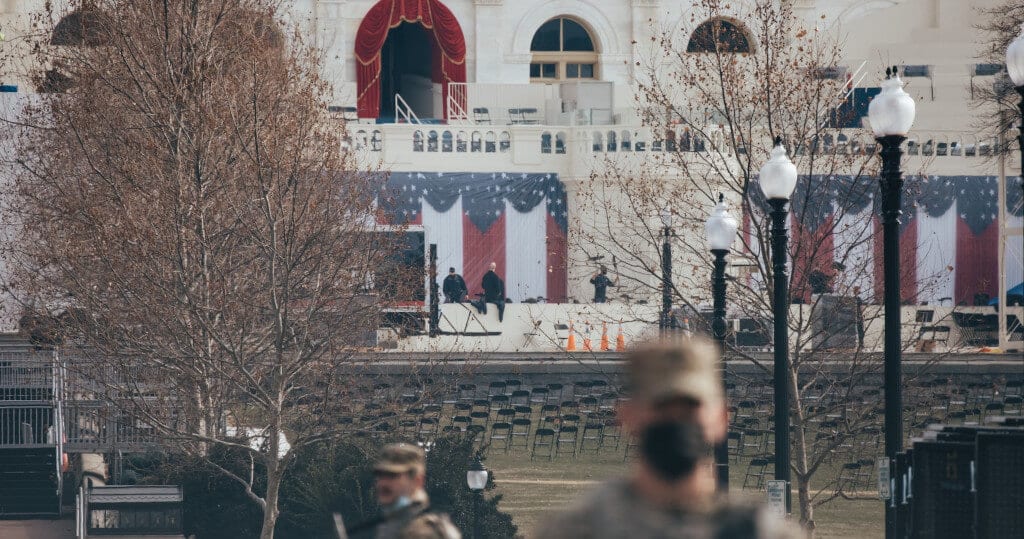
President George Washington’s second inaugural address was a good example of keeping things short. As the only person to hold office, there was no precedent in place or any expectation for a long speech and drawn-out speech. So, he said just 135 words, repeated the oath, and returned to work.
Over the decades, the speech has become a more symbolic moment in the ceremony, with greater expectations over the message and length. When Washington’s Vice President, John Adams, won his election, he delivered a speech of 2308 words – including one 737-word sentence. The longest ever came from William Henry Harrison, with an 8,445-word address in the pouring rain.
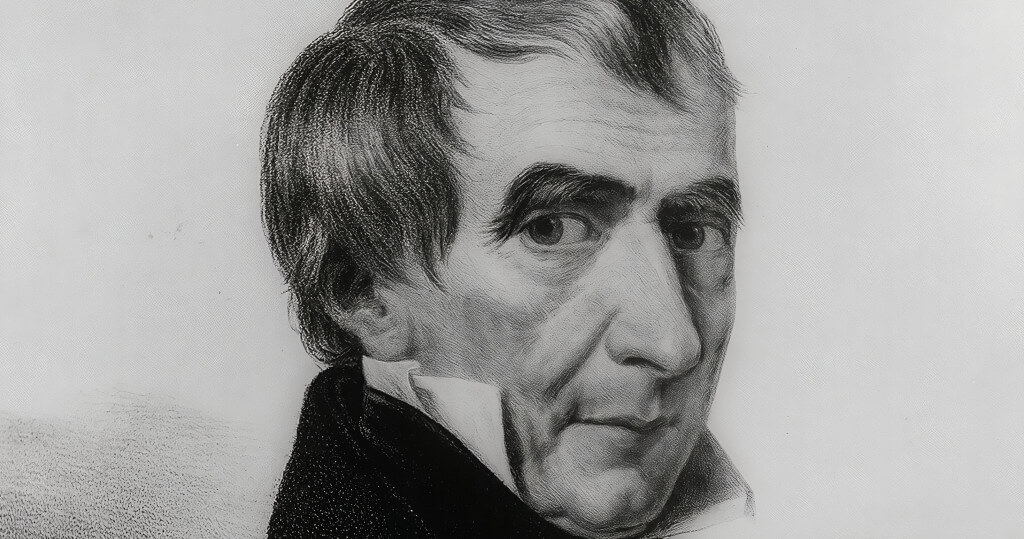
Quality Over Quantity Helps With a Good Inaugural Address
The length of a speech is nowhere near as important as the message within. We will probably forget how long we spent waiting for a speech to end but will share quotes and videos from a good speech for a long time. So, each new President has to ensure that they set out their goals and principles in an appropriately presidential manner without going too far.
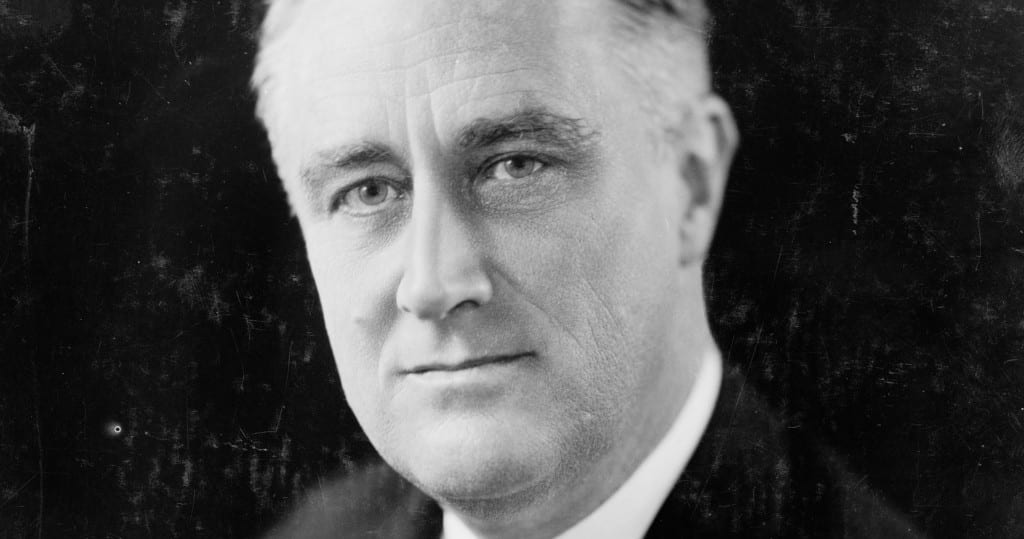
Franklin D Roosevelt was a good example of one who knew when to keep things short and to the point. His fourth address did not overstay its welcome at just 559 words. By this point, the nation knew the man and his ideals as he had been elected to a historic fourth term. On top of that, Roosevelt was keen to keep things simple with a basic ceremony at the White House due to America’s involvement in World War II.
Creating a Strong Bipartisan Address
An inauguration marks a new chapter in the nation’s history, so it makes sense for the President to highlight this after taking the oath. Some will reflect on the chance to make improvements for the nation or to lead them out of times of trouble. Others will reaffirm their desire to continue their hard work and dedication for a second term.

Ideally, these speeches should be bipartisan. This isn’t a time to talk down to the opposition in victory or to talk about all the ways a previous administration failed the nation. Doing so runs the risk of causing a divide in the crowds of people watching – either at the National Mall or on TV.
President Joe Biden’s 2021 address is a good example of this with its opening lines. “This is America’s day. This is democracy’s day. A day of history and hope. Of renewal and resolve.” This speech set a strong positive tone, whereas his predecessor, Donald Trump’s speech, was criticized for its bleak and dystopian outlook.
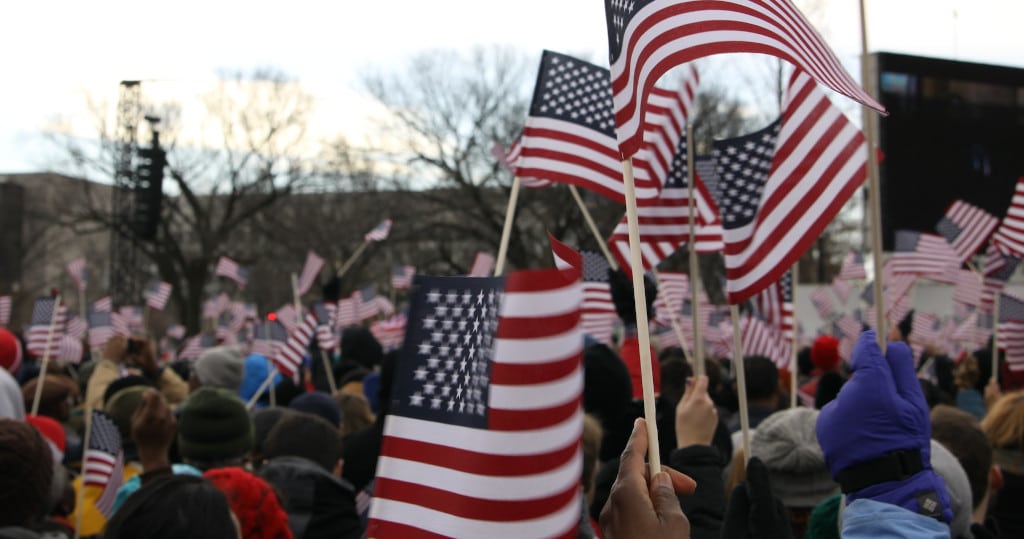
Who Writes the Presidential Inaugural Address?
You might assume that the President is the one to write the speech if it is such an important moment for them to articulate their vision and goals. However, the scale of the occasion and scrutiny of the speech means that this isn’t always the case. In the past, the first presidents undoubtedly did spend hours penning their own speeches, but not today.

Get Smarter on US News, History, and the Constitution
Join the thousands of fellow patriots who rely on our 5-minute newsletter to stay informed on the key events and trends that shaped our nation's past and continue to shape its present.
The idea of the political speech writer is not such a big deal these days. We know that the White House has a communications team to create important speeches – often with multiple versions depending on a desired tone or outcome. They have been in use since the days of Calvin Coolidge.

Therefore, it makes sense that this grand public address is another writer’s work. They are typically skilled and trusted members of the President’s team who can take the ideas and references given by the President and spin them into gold.
The Inaugural Address Will Always Be an Important Moment in the Presidency
There will always be debate over who created the best or worst inaugural addresses in history. Often, the oratory skills of the man elevate the words into something even more profound. What is clear is that these speeches have great power, and each President must get it just right. Otherwise, the inauguration day address will go into the history books for all the wrong reasons.
